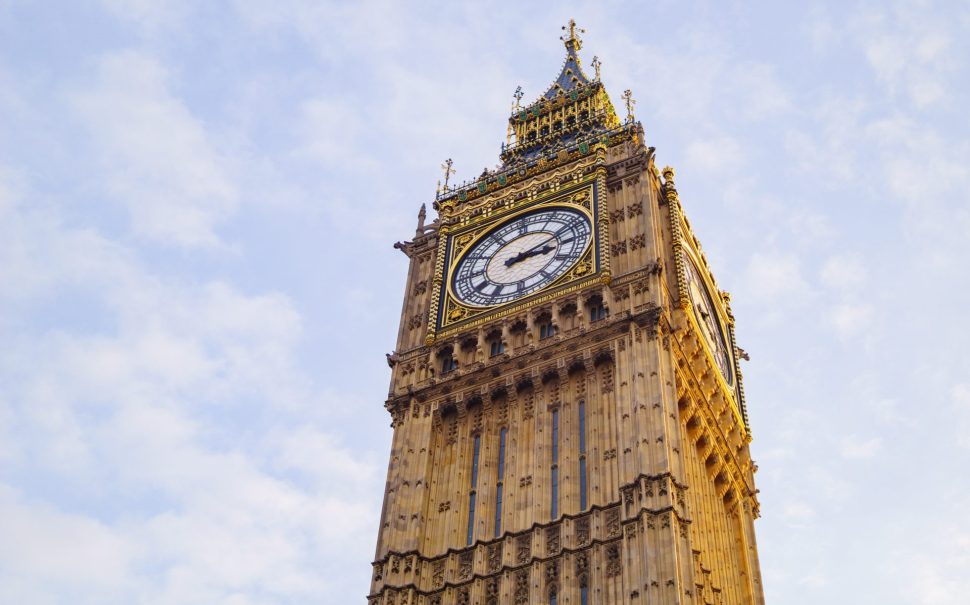July was a hot and green month.
Recording the hottest global temperatures in documented human history, July was a month to remember.
Conversations about environmental issues were sparked across the country in light of the extreme heat, the government’s green pledges, and the Just Stop Oil movement.
The hottest average global temperature was recorded on Monday 3rd of July, rising to 17 degrees Celsius for the first time.
After the hottest British month in June, this heat wave led to concerns about the severity of climate change.
Extreme weather caused wildfires in Europe and the Americas, intense rainfall in Asia, and public health warnings across the United Kingdom.
The extreme heat raised further questions about the UK’s inability to adapt to weather, as British homes were built to retain heat with little air conditioning.
The climate crisis was exacerbated by the extreme heat wave in July, which led to ongoing discussion in Parliament about Rishi Sunak’s green pledges.
The Prime Minister came under fire in July after reports that the government would be dropping some of the green pledges.
In July, The Guardian reported that MPs said Rishi Sunak must stick to the £11.6b climate commitment pledge.
Concerns rose after Sunak signalled the delay or abandonment of the green policies after potential rising costs.
This news came at the height of the Just Stop Oil movement with protests prevalent across the country.
The Express reported in July that the eco-group made plans to ‘paralyse London’ with a series of large protests.
At the British Open in July, Just Stop Oil protestors set off orange flares in an act of support with the environment.
The group had been fighting and advocating for environmental issues using non-violent civil resistance to stop the government from approving new fossil fuel projects.
July was a month for environmental questions and discussions.
The government, and weather, raised concerns to Brits about climate change.





